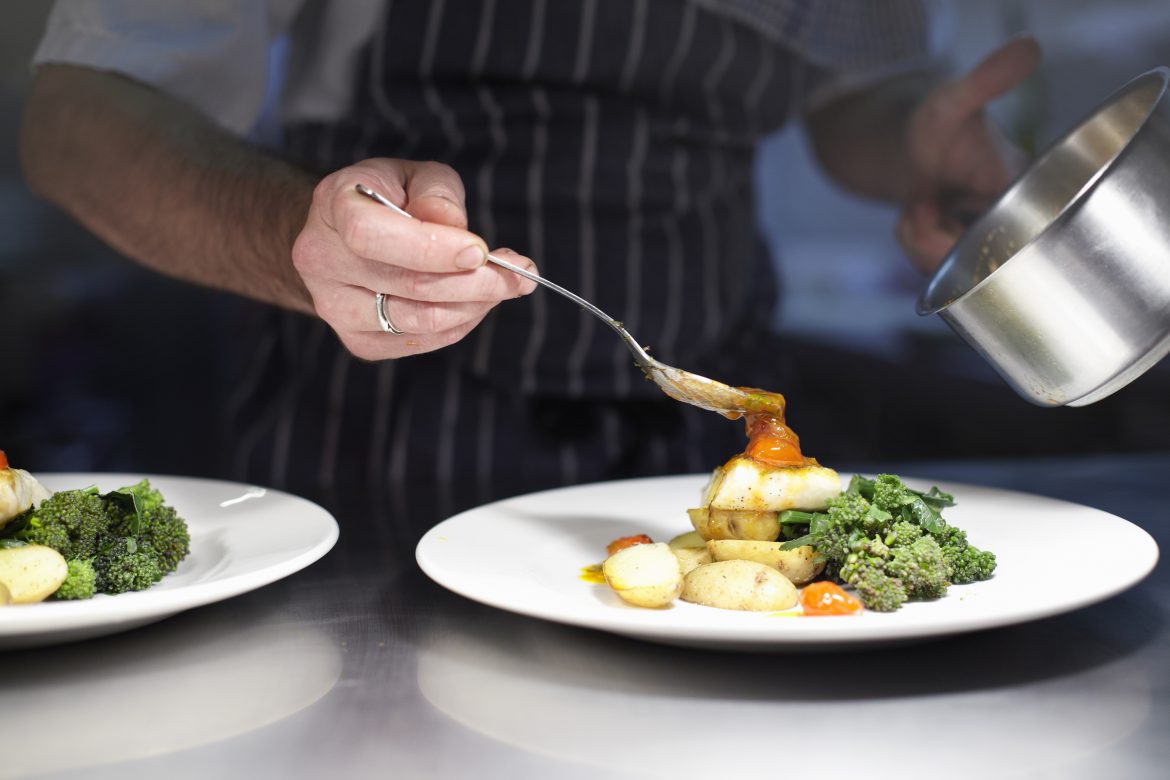Missing the nightly buzz at his restaurant, Alex Rushmer has developed a taste for TV shows about service and hospitality – including a particularly addictive reality series set on a luxury yacht…
I’m getting increasingly concerned, because it seems I’ve lost my sense of taste. To clarify: my palate is fine. Rather, I’m worried what lockdown has done to my previously highly tuned televisual barometer. Aside from a brief flirtation with Big Brother in 2004 (and taking part in the occasional series of MasterChef), I’ve steered unwaveringly towards drama, often high-budget, scripted US imports. The Sopranos and The West Wing remain – in my view – the pinnacle of the art form. But, as we are all discovering, pandemics do funny things to individuals and society in general.
Obviously, the opening parenthesis of lockdown entertainment was Tiger King, a meth-fuelled romp through the alien world of southern libertarian extremism involving big cats, petty and wildly escalating feuds, conspiracies, guns, polygamy and lots of drugs. It caught our imagination precisely because it presented a world alien to us all, brilliantly unfamiliar and yet precisely attuned to the worrying territory we were entering as we began our isolation.
I’ve also become joyfully acquainted with Treme, David Simon’s staggeringly brilliant follow-up to The Wire (confession, I gave up on The Wire two episodes into the third season). Set in post-Katrina New Orleans, it focuses on recovery and resilience, grit and determination, hustle and hard work. We see chefs, musicians, labourers and lawyers gradually rebuilding their lives and desperately trying to make sense of the chaos wrought by The Storm. It is perfect pandemic fodder, and has such a human heart running through its core that after spending three months with these characters, I feel as if I’ve been watching a group of friends come together to try and mend their shattered lives, careers and homes.
More recently I’ve been gorging on something far less nutritious
But more recently I’ve been gorging on something far less nutritious. Below Deck had, until last week, slipped under my radar (something Captain Lee would surely fire me for: if you know, you know). For the uninitiated, Below Deck is a reality TV show in the Bravo stable. Set on a luxury super yacht, it follows the crew through a short summer season looking after a series of mostly awful, extremely rich charter guests who come and go and whose presence is entirely forgettable. The real stories take place – as you would expect – below deck, as the crew navigate their way through the Caribbean living, working and sleeping together in such close proximity that you marvel at the fact they haven’t thrown each other overboard within about 48 hours.
There is core of genuine humanity that runs through the show: people trying to do what is best for each other and for their guests and customers
But mostly, Below Deck is a series about service and hospitality. It is about the deckhands, stewardesses and chefs working tirelessly to cater for every whim and desire of the painfully capricious guests. It’s about appearing effortless while at the same time trying to find a way to make a mojito without any mint (hint: find something – anything – green and add mint essence), or desperately scrabbling together a wedding banquet with less than 24 hours’ notice. Or being told that the guests are dining on land, cooking their fillet steaks for the crew and then hearing over the radio that the restaurant wasn’t to their taste and they are returning to the boat. It’s about constantly battling against the changing winds, and trying not to let the smile break. Much like in Treme, there is a core of genuine humanity that runs through the show: people trying to do what is best for each other and for their guests and customers. Together these shows have been the port and starboard that has filled the void where hospitality used to be in my life. Each one has made me laugh heartily and cry uncontrollably at the thought of what we had, the extent of the hiatus and the prospect that one day, soon, we might just be able to welcome guests into our restaurant once again.

